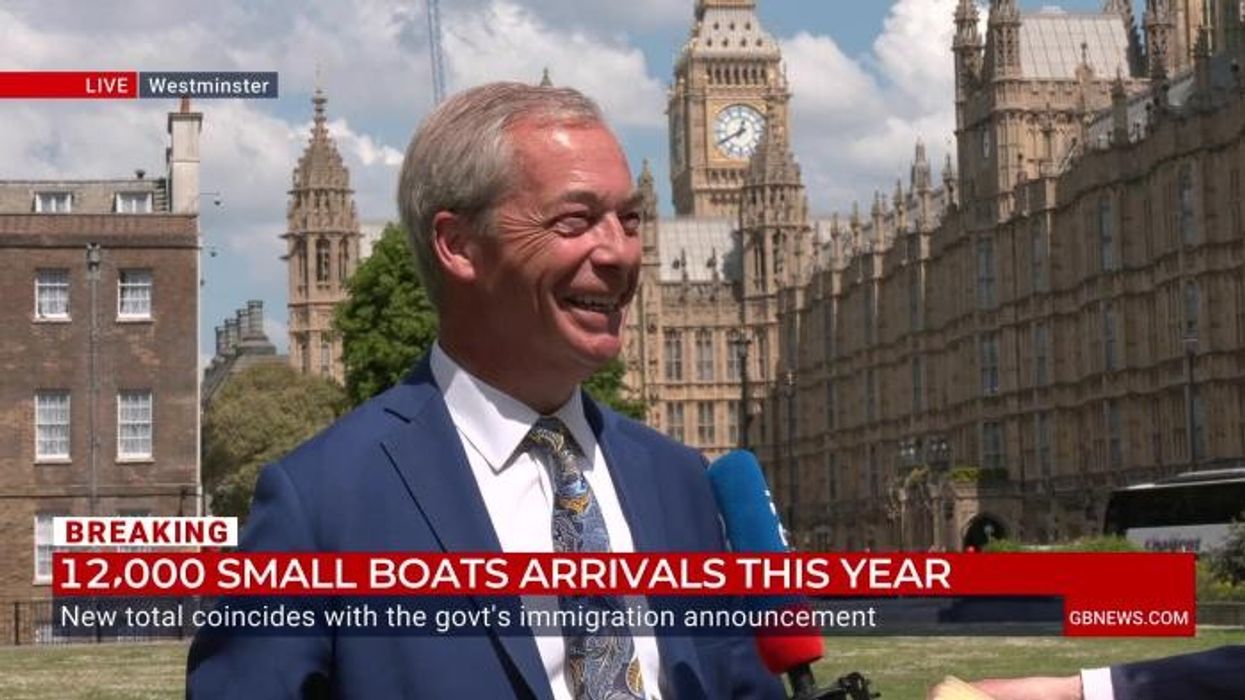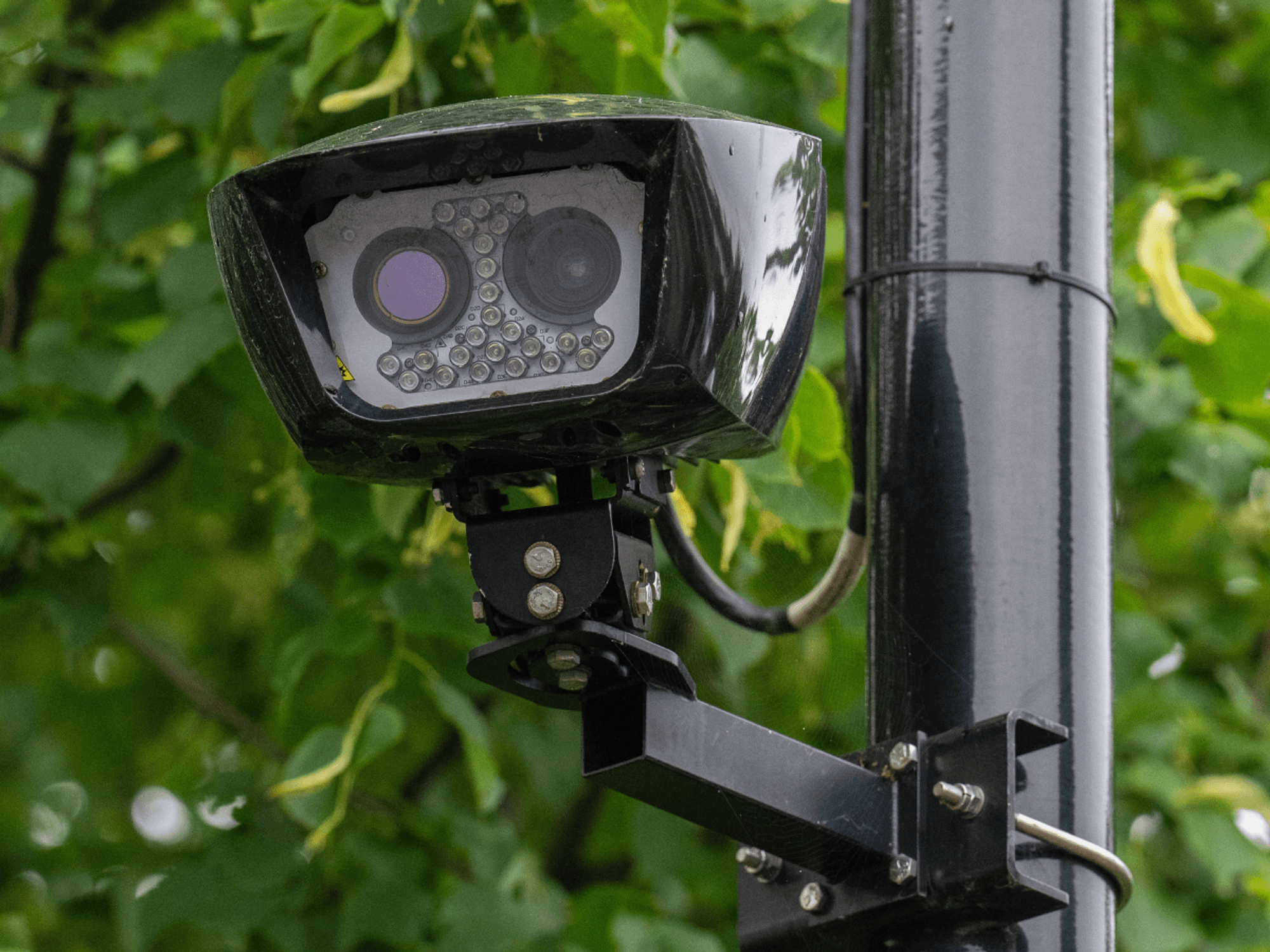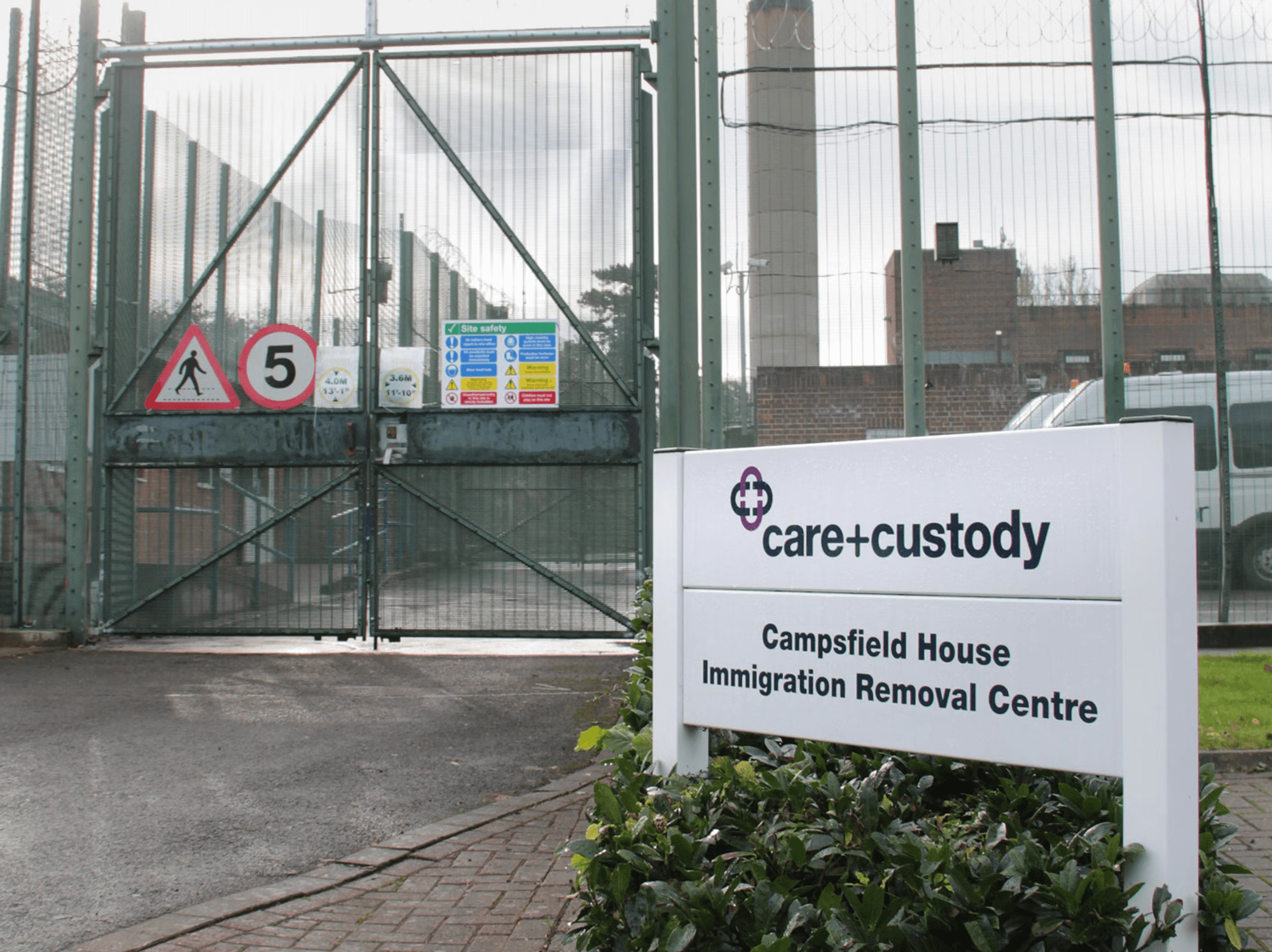Keir Starmer rejects Enoch Powell comparison as Labour MPs fume over 'island of strangers' migration comment

The Prime Minister warned Britain risks becoming an 'island of strangers' before confirming a ban on care home visas and introducing stricter English language requirements
Don't Miss
Most Read
Latest
Sir Keir Starmer has categorically rejected being compared to firebrand former Tory MP Enoch Powell after warning Britain risks becoming an "island of strangers".
The Prime Minister faced mounting pressure from Labour MPs today after being accused of mimicking "the scaremongering of the far-right" in yesterday's migration address to the nation.
During his keynote migration speech on Monday, the Prime Minister also vowed to adopt Vote Leave's "take back control" pledge and even admitted that higher immigration does not result in economic growth.
Starmer made the comments ahead of unveiling his immigration White Paper, later pledging to ban care home visas, introducing stricter English language requirements and extending the timeframe for claiming citizenship.
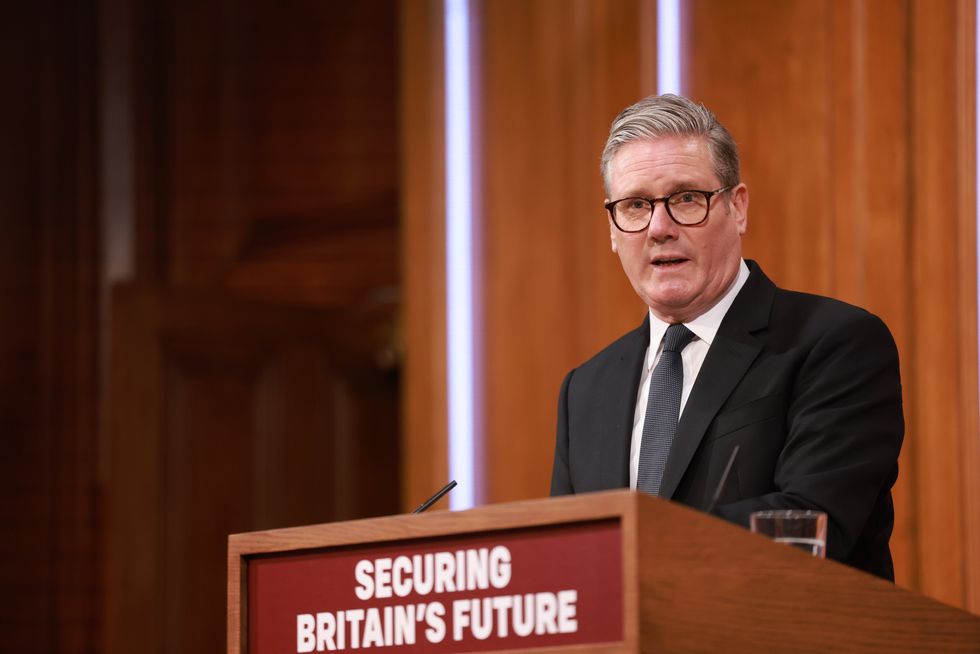
Sir Keir Starmer delivering his immigration speech
|PA
Defending Starmer's stance, the Prime Minister's official spokesman said migrants have made a "massive contribution" to society before accusing the Conservatives of losing control of the system.
He said: "The Prime Minister rejects this comparison. He said that migrants have made a massive contribution to society.
"It is also right to say that between 2019 and 2024, the previous Government lost control of the system. Migration needs to be controlled, fair and people that come here should integrate."
No10's rejection comes after a growing gaggle of left-wing MPs condemned the Prime Minister over his comments.
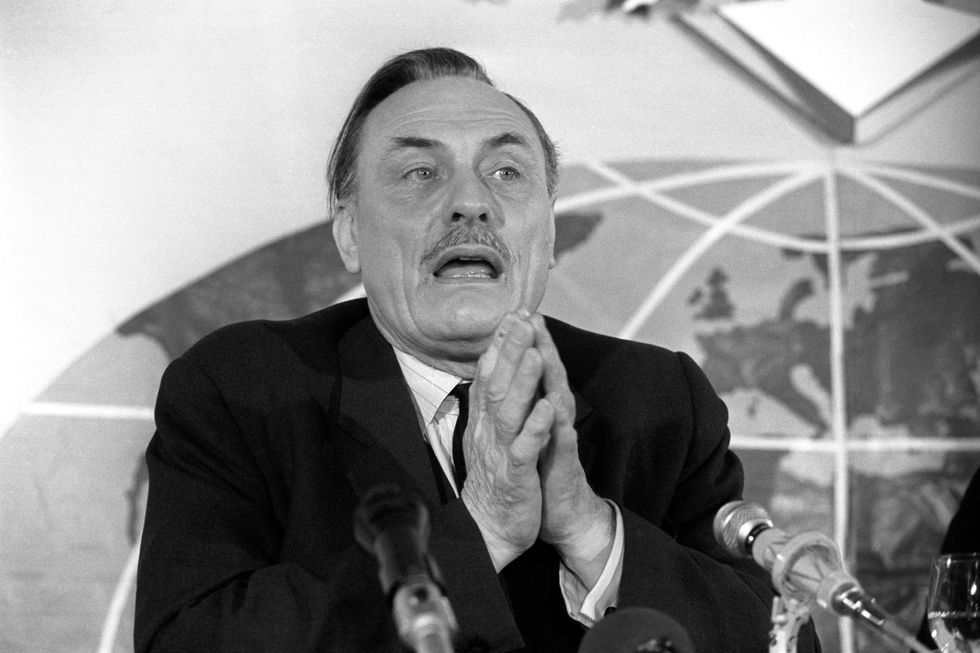 Enoch Powell made the speech in 1968 | PA
Enoch Powell made the speech in 1968 | PAJohn McDonnell, who served alongside Starmer in Jeremy Corbyn's Shadow Cabinet, compared the Prime Minister's remarks to Powell's notorious "rivers of blood" speech.
Powell, who received a sizeable fringe following for his hardline stance on immigration in the sixties and seventies, imagined a future multicultural Britain where the white population “found themselves made strangers in their own country”.
McDonnell said: "Talk of an 'island of strangers' shockingly echoes the divisive language of Enoch Powell."
Corbyn also said: “The problems in our society are not caused by migrants or refugees. They are caused by an economic system rigged in favour of corporations and billionaires.”
“If the Government wanted to improve people’s lives, it would tax the rich and build an economy that works for us all.”
Zarah Sultana later wrote that Starmer had “imitated” Powell’s 1968 speech, adding: “That speech fuelled decades of racism and division. Echoing it today is a disgrace. It adds to anti-migrant rhetoric that puts lives at risk. Shame on you, Keir Starmer.”
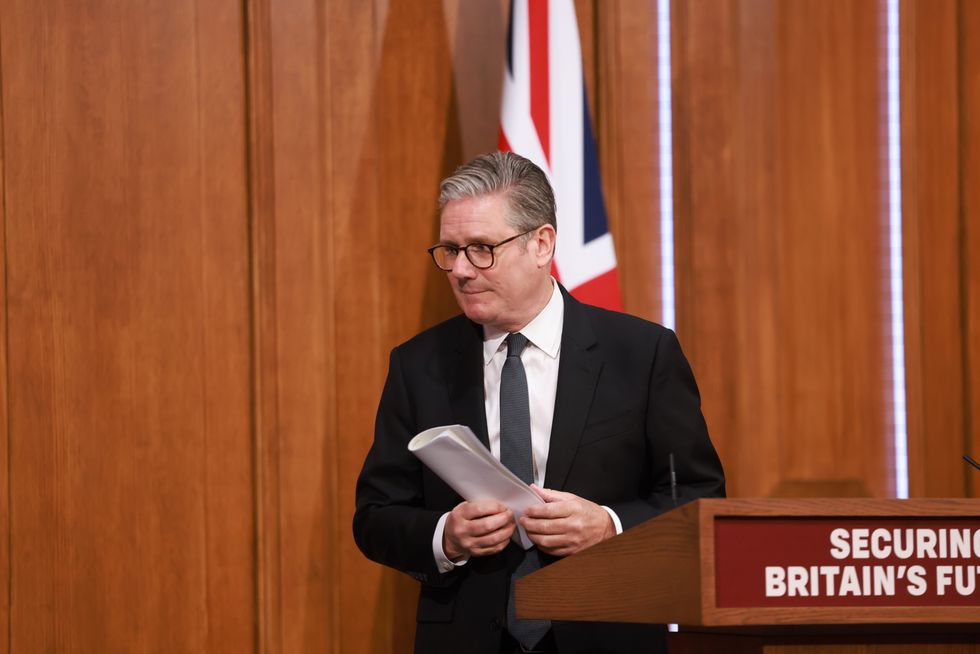
Sir Keir Starmer
|PA
Labour MP Sarah Owen, who chairs the Women and Equalities Committee, also warned: “Chasing the tail of the right risks taking our country down a very dark path.
“The best way to avoid becoming an ‘island of strangers’ is investing in communities to thrive – not pitting people against each other.”
Nottingham East MP Nadia Whittome added: “To suggest that Britain risks becoming ‘an island of strangers’ because of immigration mimics the scaremongering of the far-right.”
However, some Labour MPs have come to the Prime Minister's defence.
Red Wall MP Jake Edwards claimed: "Millions of people across the country have similar concerns. This theme must be central to missions across immigration, employment, work and tackling neighbourhood deprivation."
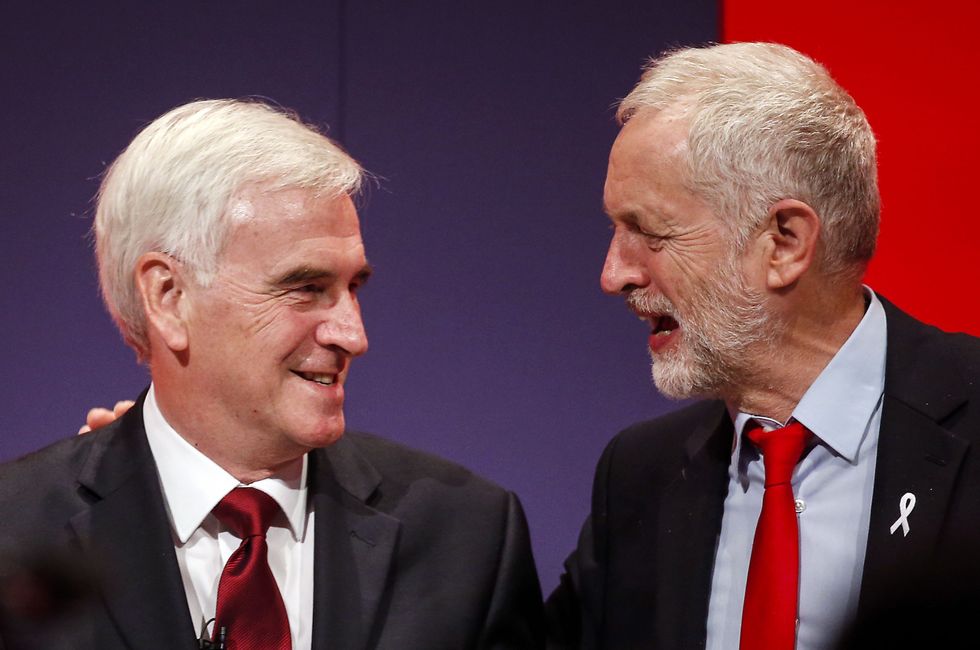 Ex-Shadow Chancellor John McDonnell and former Leader of the Opposition Jeremy Corbyn | PA
Ex-Shadow Chancellor John McDonnell and former Leader of the Opposition Jeremy Corbyn | PADespite the spat, polling suggests the Prime Minister's comments chime with public sentiment about immigration.
YouGov revealed that 53 per cent of the public agreed with Starmer, with just 30 per cent disagreeing.
More in Common also found that over half Labour voters (57 per cent) support reducing net migration - only falling behind Reform UK (86 per cent) and Tory backers (78 per cent).
The Government is hoping to ease skyrocketing concerns about migration through its 69-page immigration White Paper.
A new Home Office assessment showing the impact of changes to study and work visas and the introduction of English language tests said Starmer's plan would result in 100,000 fewer people entering the UK.
Despite Starmer stopping short of setting a migration cap, the Home Office document also sets out plans for net migration to drop to 300,000 by 2029.


